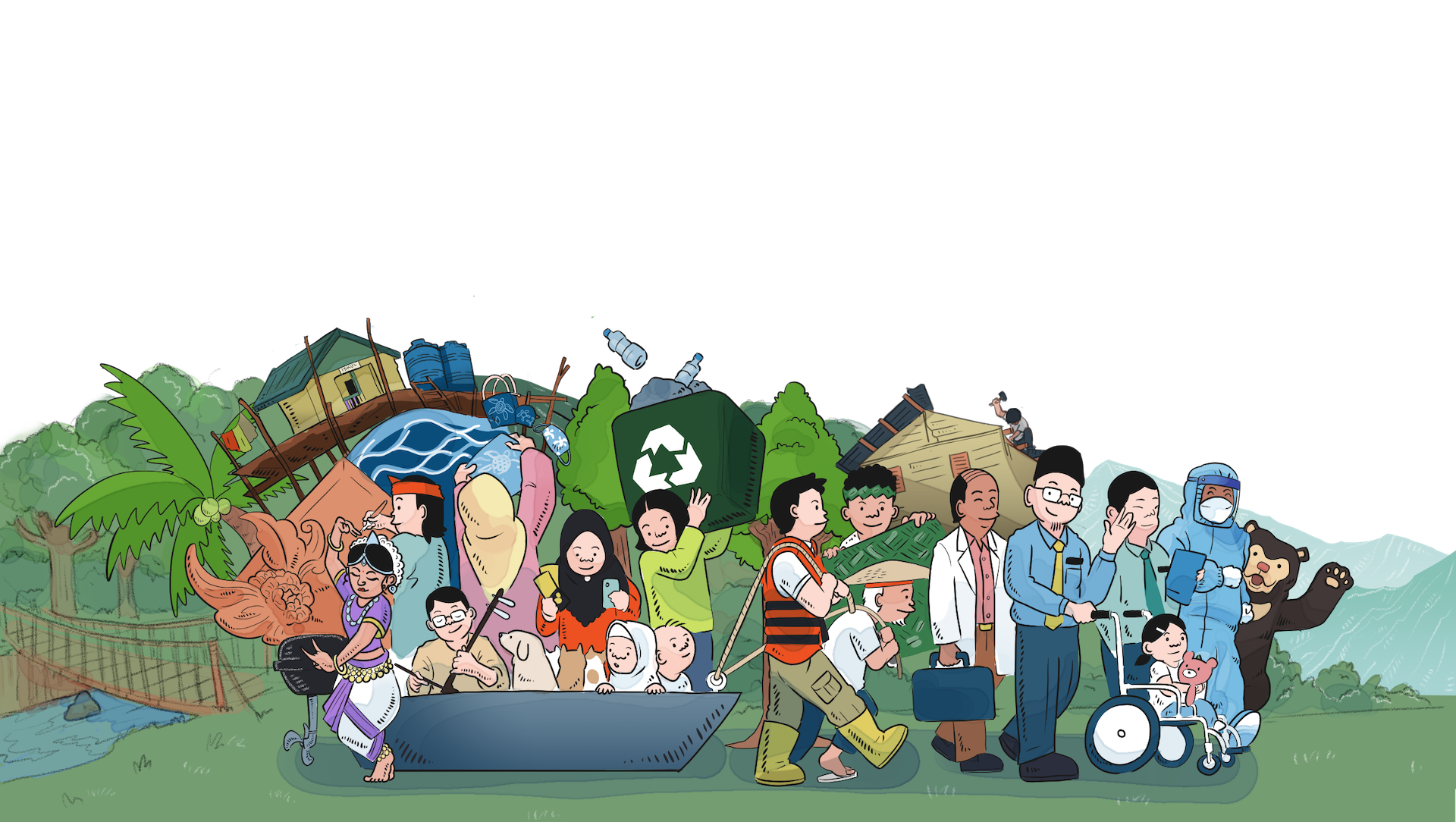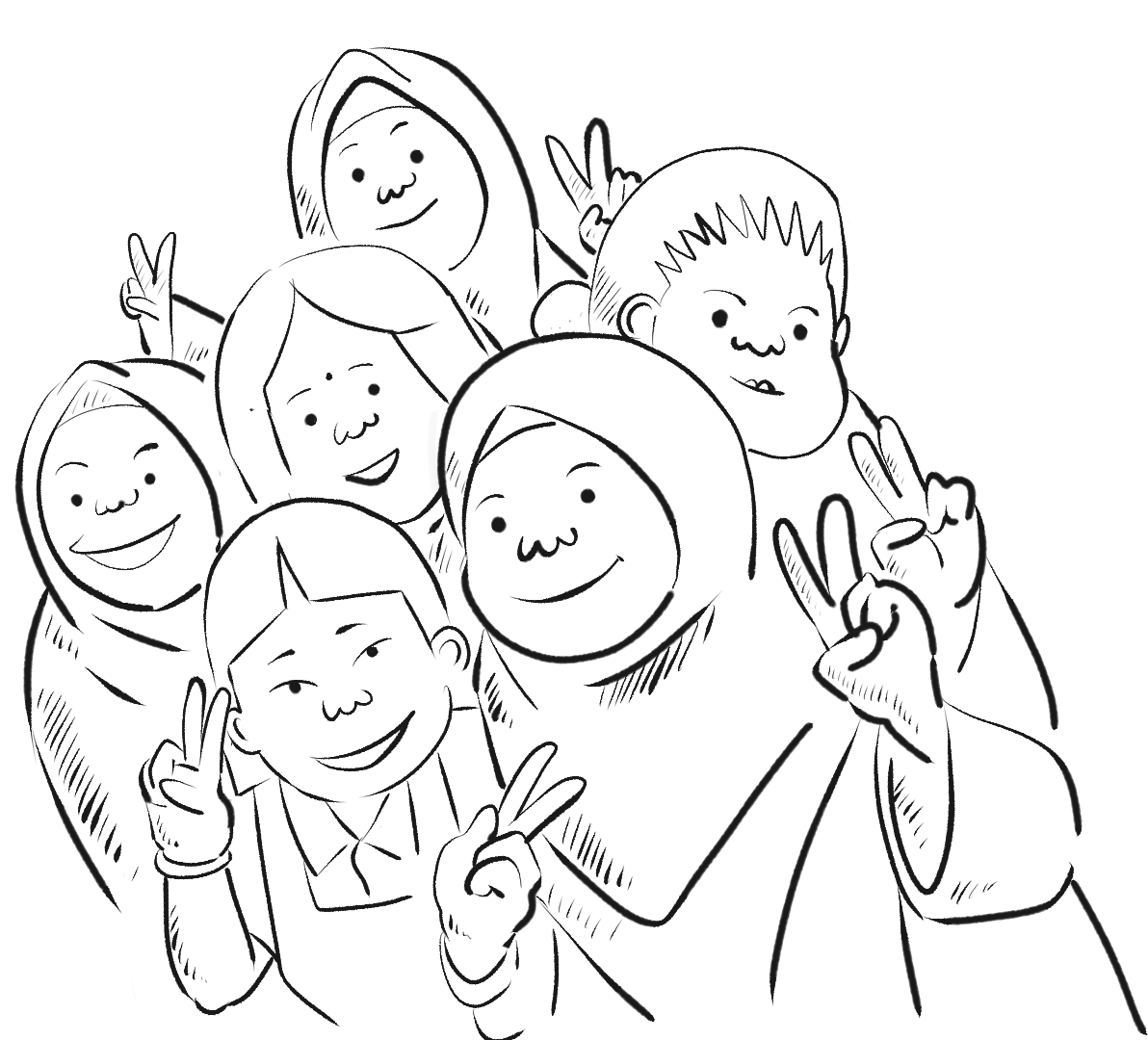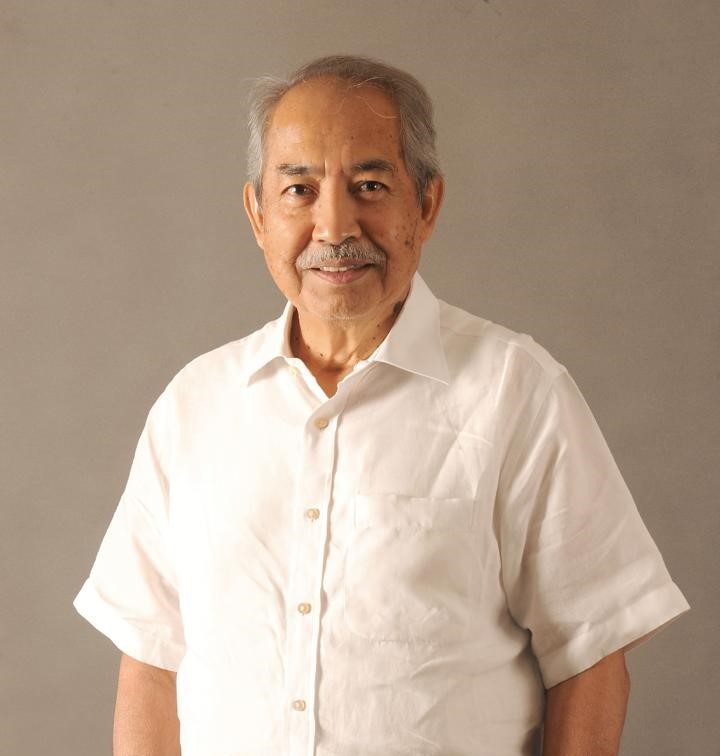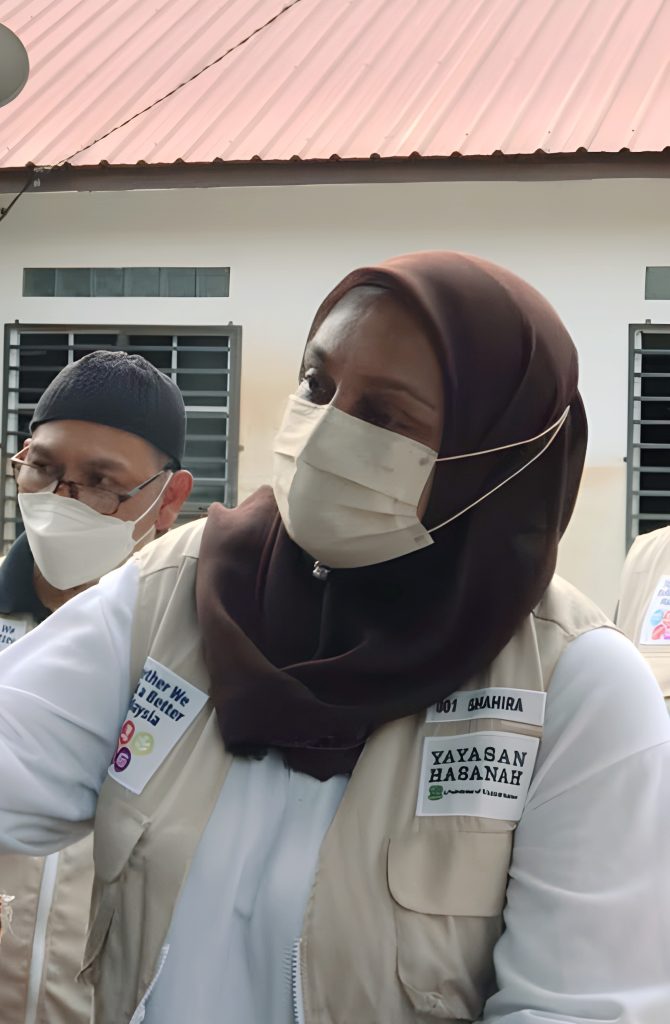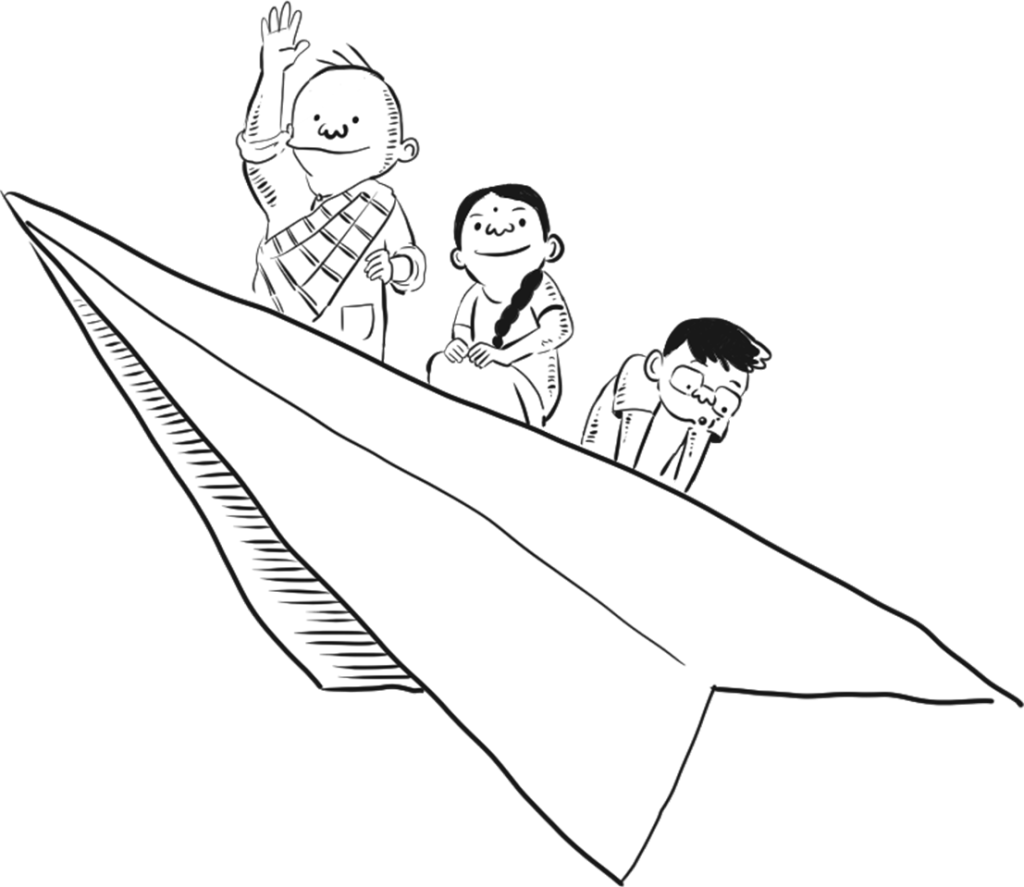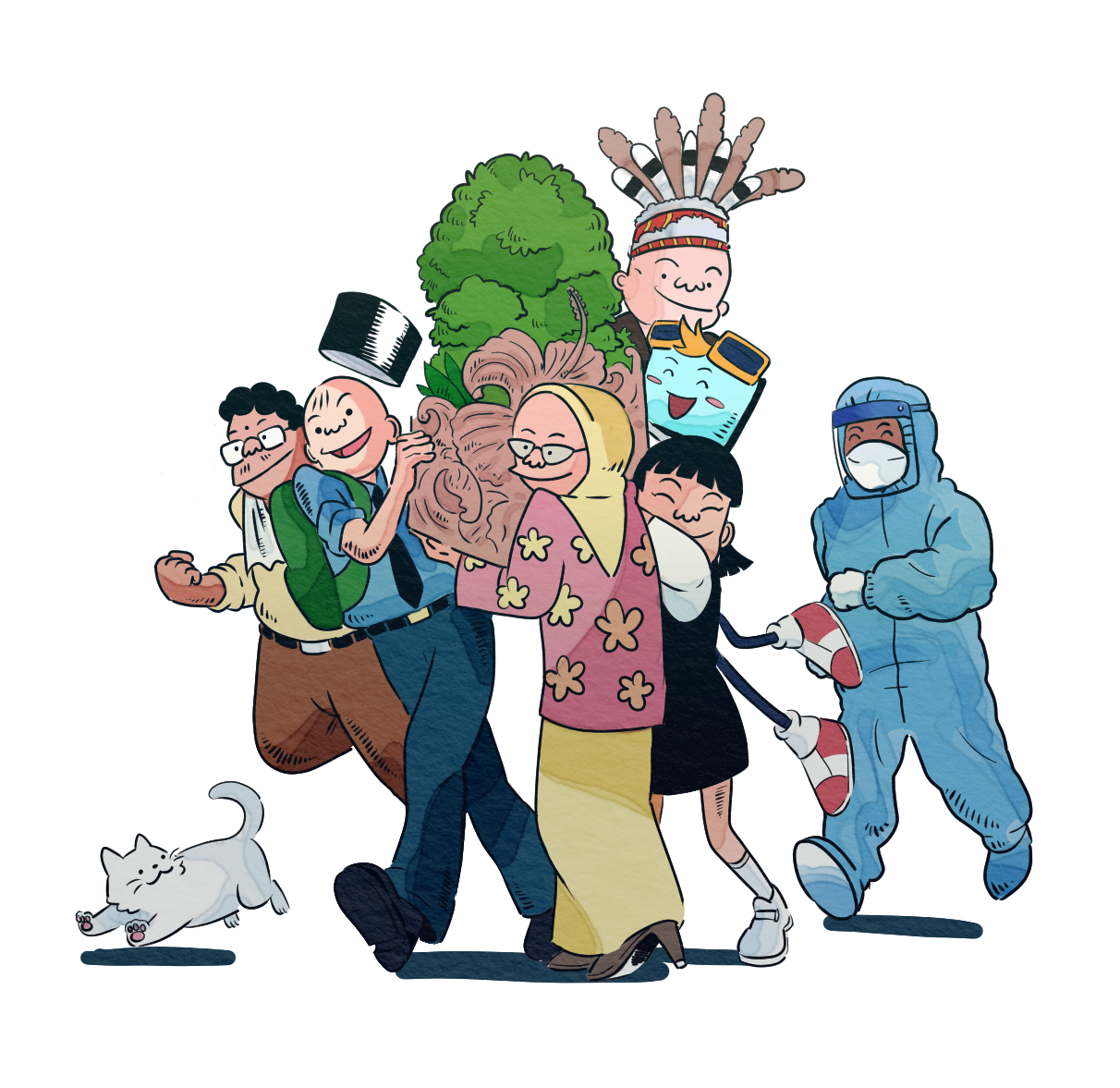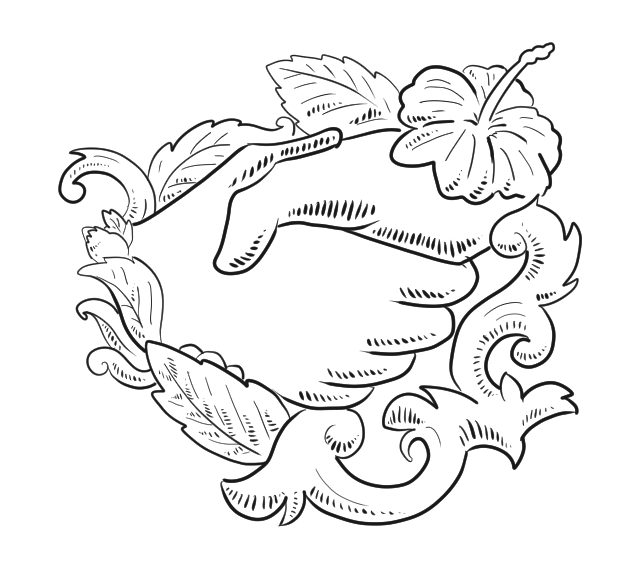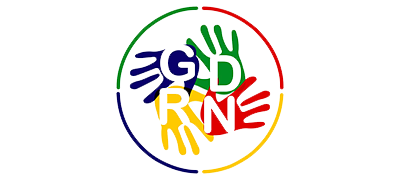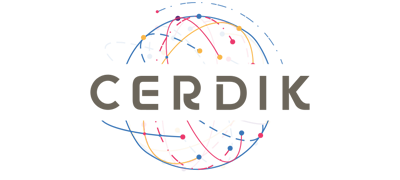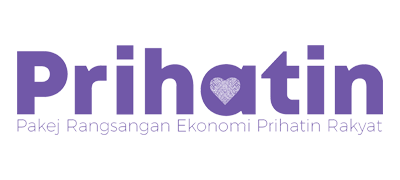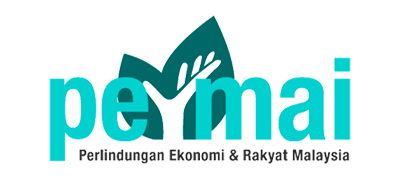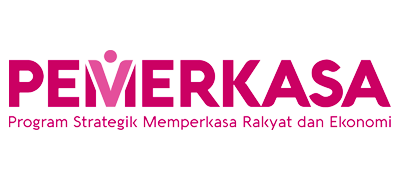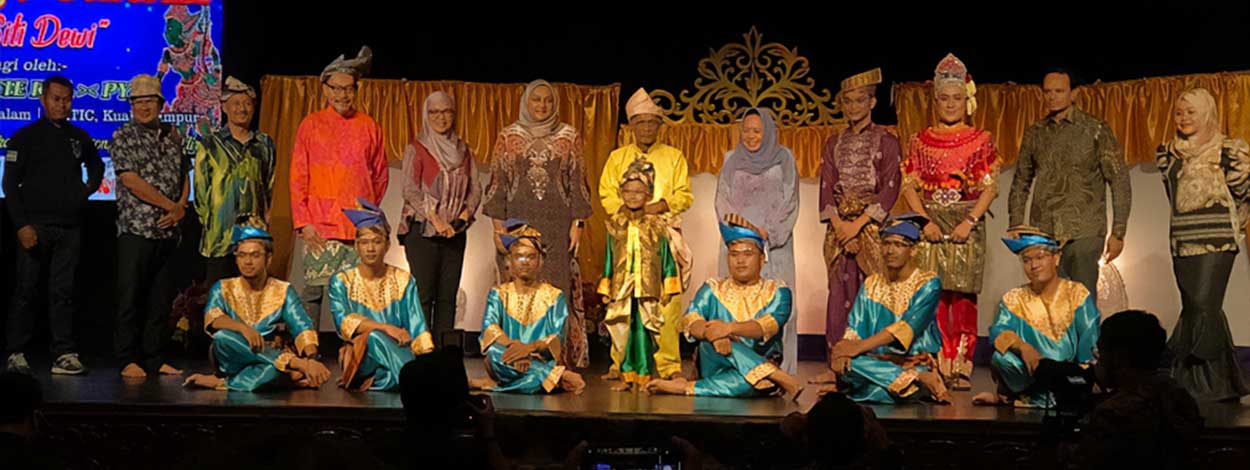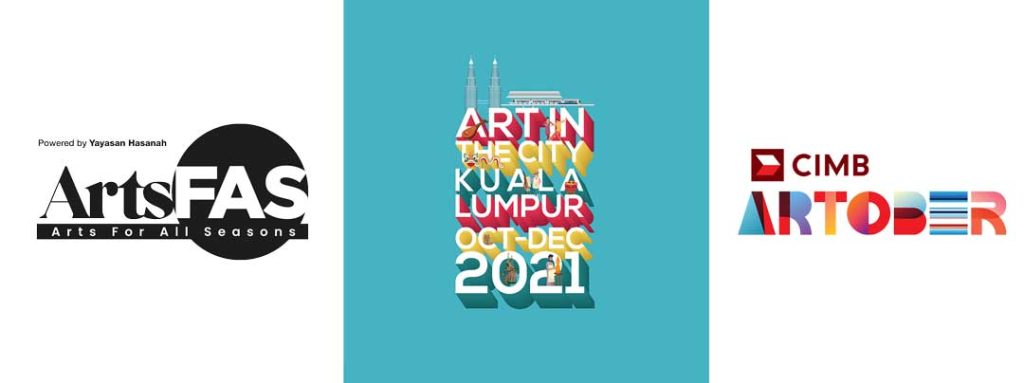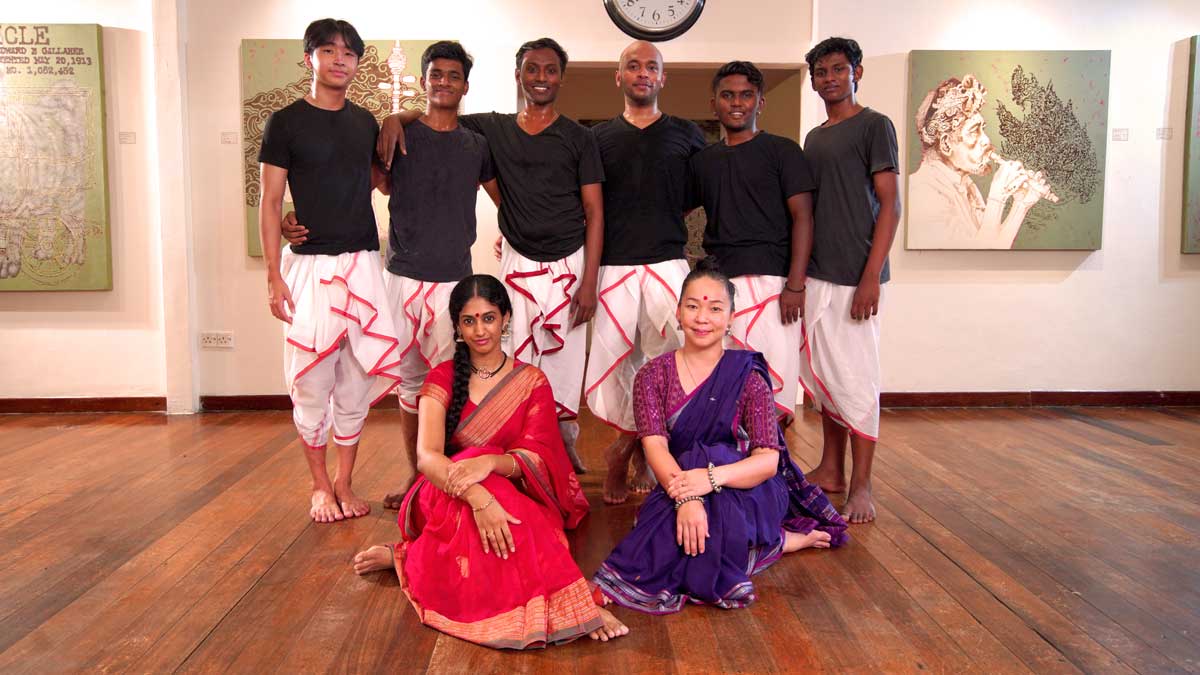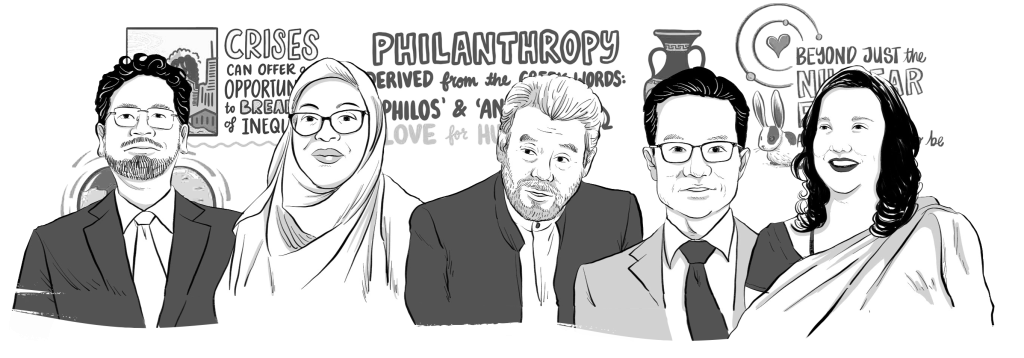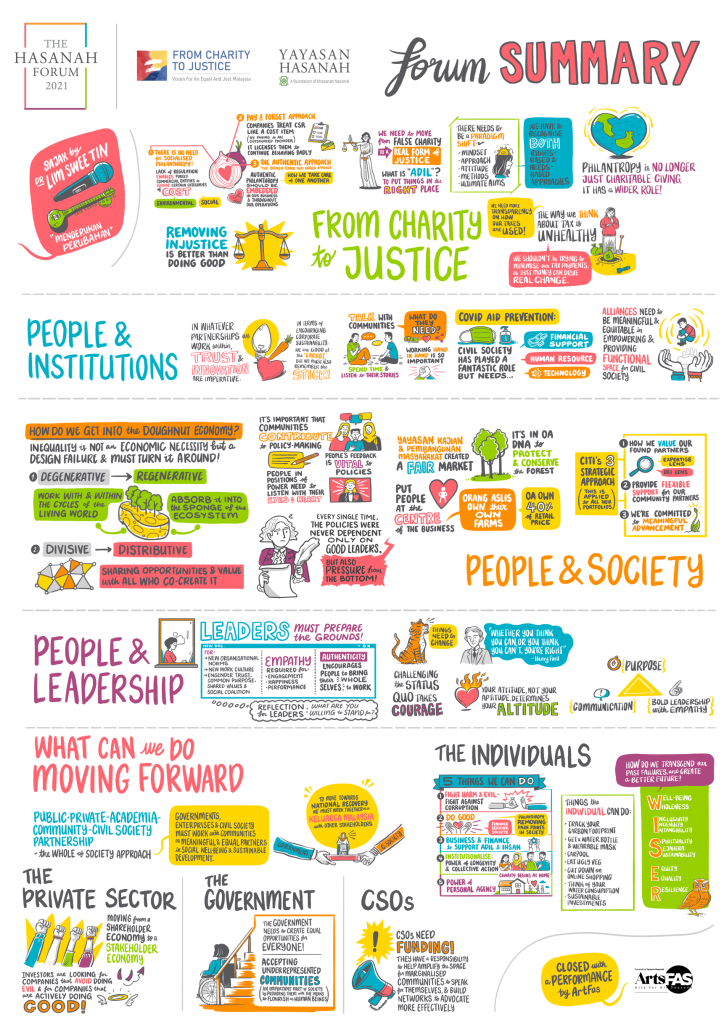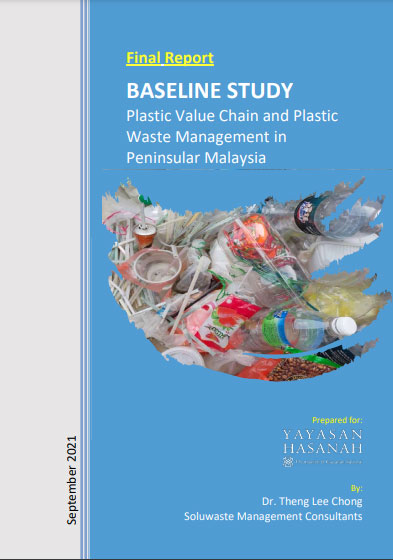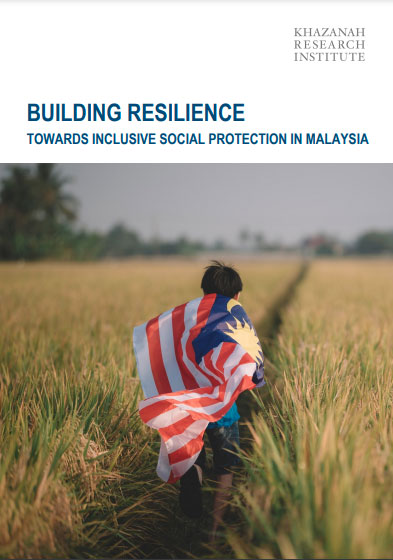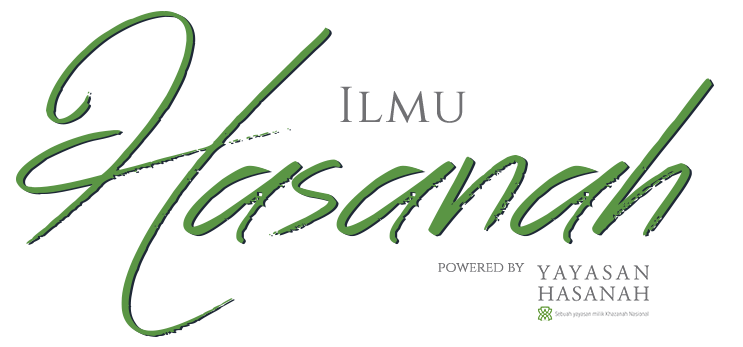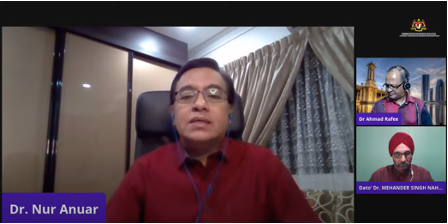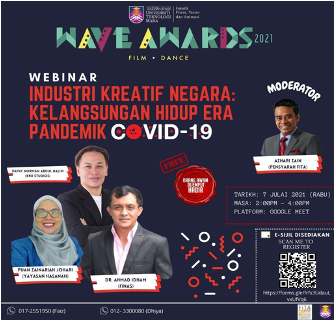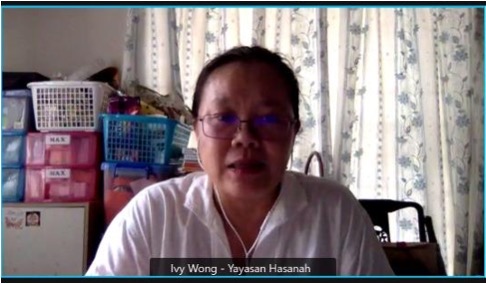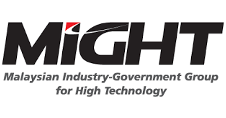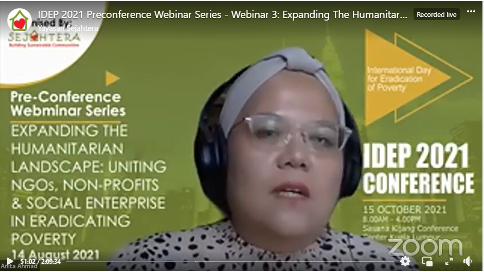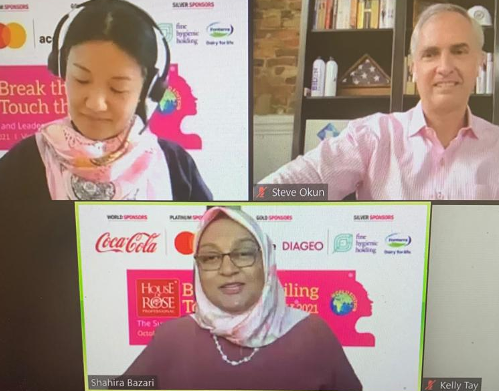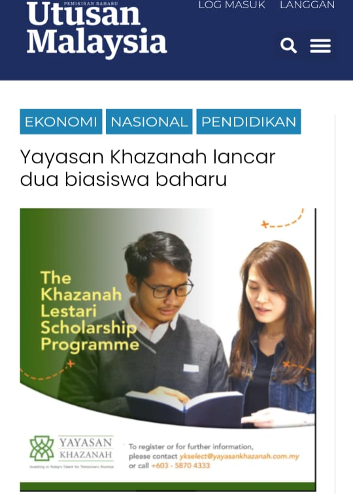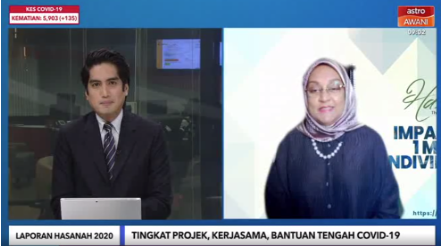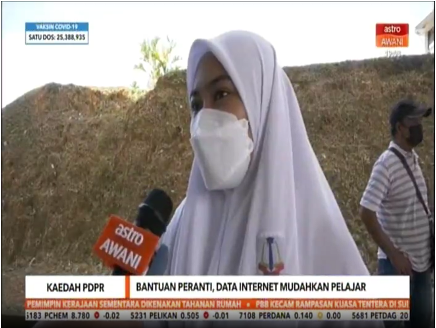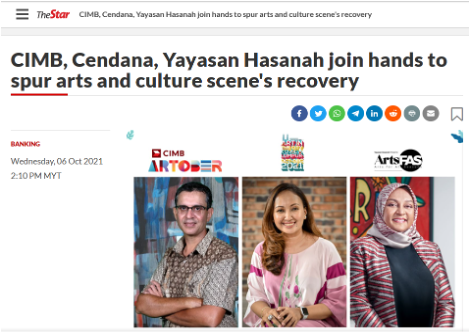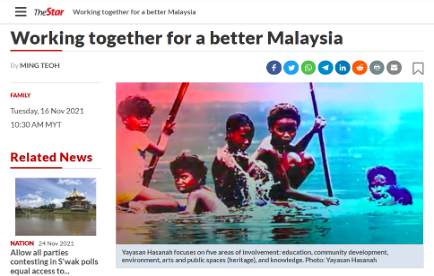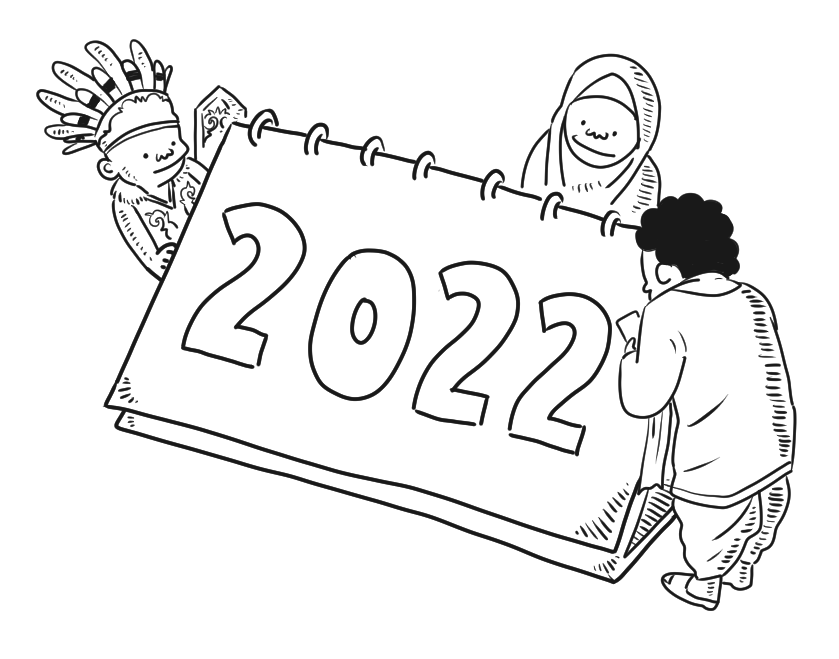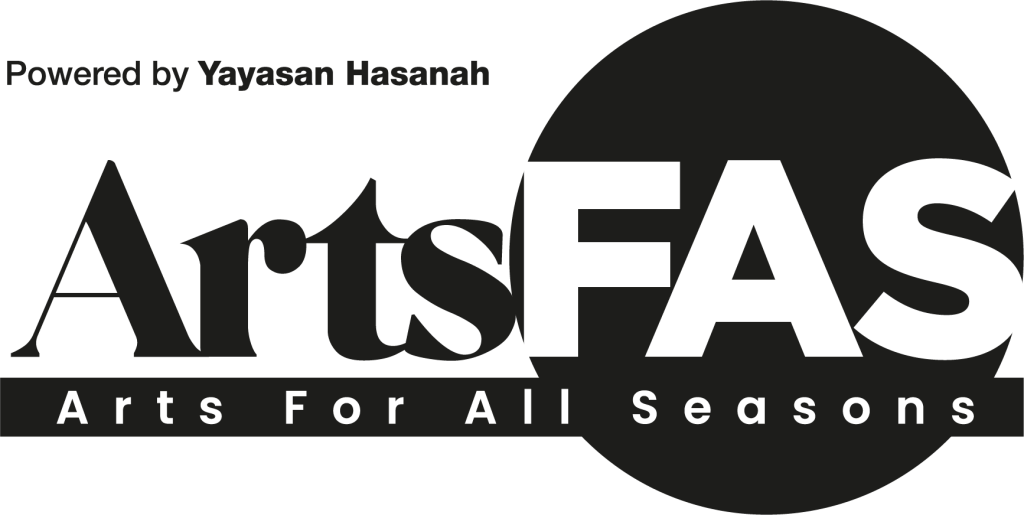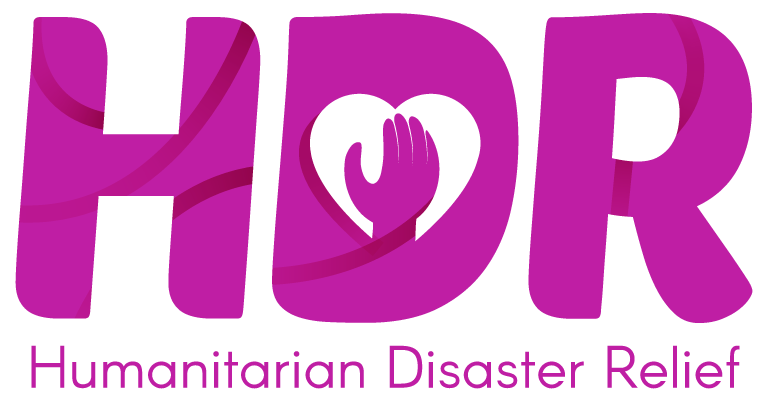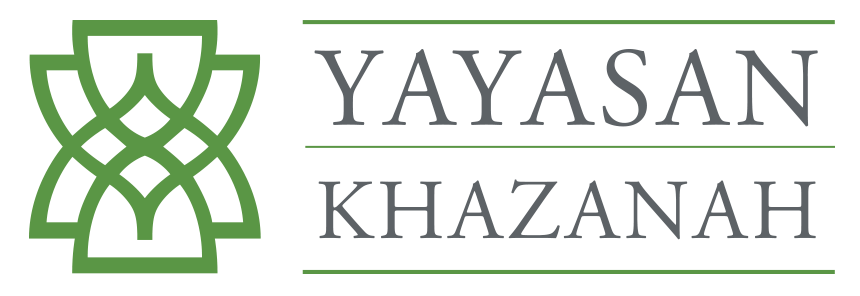Through the GDRN, 2021 saw over RM207.2 million in funding channelled to help communities affected by the pandemic and later in the year, the massive and sudden floods in December.
For the former, aid was in the form of food as well as medical equipment such as oximeters, oxygen concentrators and ventilators, personal protective equipment (PPE), hand sanitisers and vaccination programmes.
Meanwhile, flood-related assistance included, cleaning kits, food, telecommunication and electricity services, logistics and transportation (such as 4WDs, lorries, boats, helicopters, RoRos and backhoes), generators, home equipment, psychological first aid, cash and medical assistance for animals.
All these were made possible by 39 GLICs/GLCs coming together with 417 implementing partners and 4,156 volunteers to assist 310,698 people whose lives were affected by the ongoing pandemic and 79,389 flood survivors.
Partners included government agencies, uniform bodies, district offices and departments, and NGOs.
The people assisted were made up of B40 communities, persons with disabilities, refugees, the elderly, medical staff, vulnerable women and children, Orang Asal, COVID-19 patients; not forgetting animals that were also affected by the floods. GDRN was later reintroduced as “GLC Demi Rakyat & Negara” in March 2022, along with a new strategy to expand its role in social impact coordination among GLICs and GLCs.

